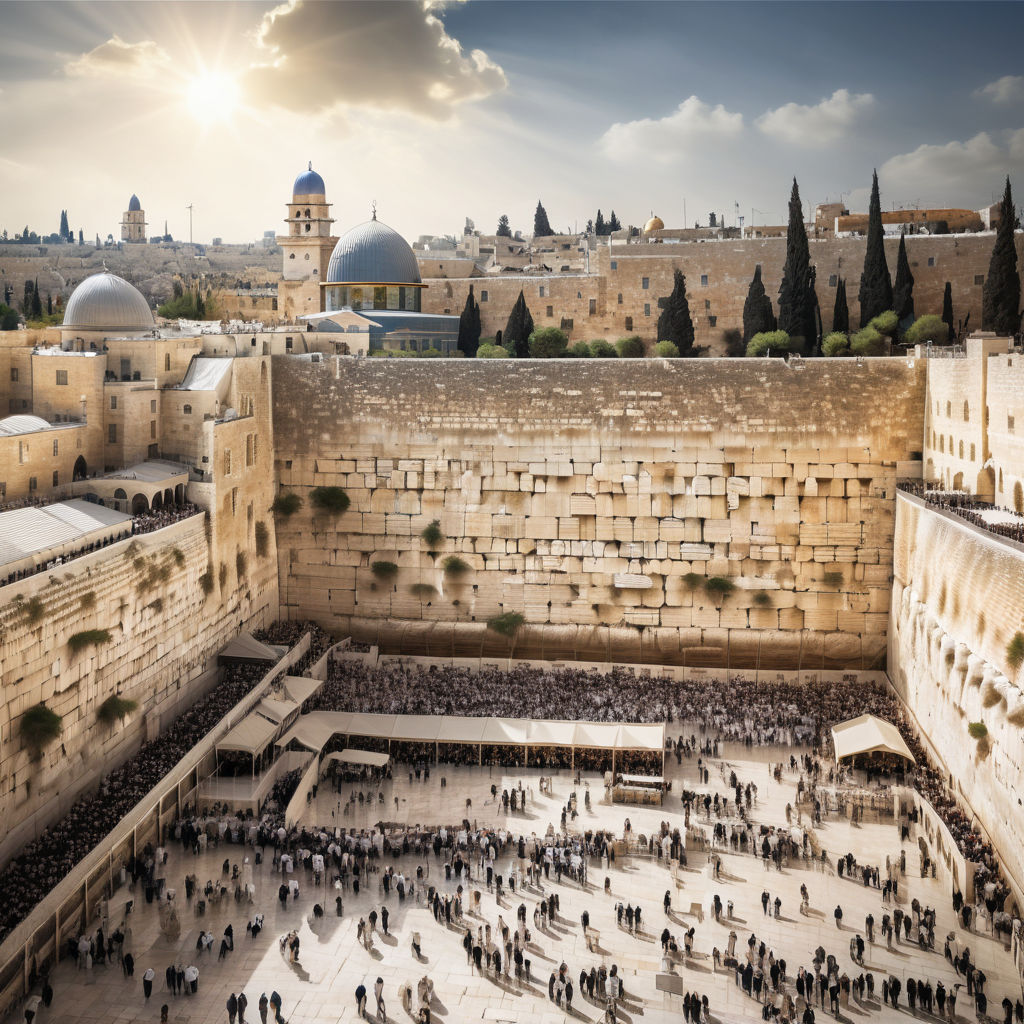Discover Israel: A Tapestry of History and Culture
Exploring Israel’s Cultural Heritage, Social Dynamics, and Cross-cultural Interactions

Introduction to Israel
Israel, located on the eastern shore of the Mediterranean Sea, is a country steeped in history and cultural richness. Geographically, it shares borders with Lebanon to the north, Syria to the northeast, Jordan to the east, and Egypt to the southwest. Major cities include Jerusalem, the capital and spiritual center for three major religions; Tel Aviv, known for its vibrant nightlife and modernity; and Haifa, a key industrial port city with diverse cultural influences. Israel's cultural heritage is a tapestry woven from Jewish, Arab, Druze, and many other ethnic traditions, creating a unique and dynamic society.
Cross-national and Cross-cultural Understanding
Israelis generally display a robust interest in and openness to other cultures, stemming from the country's diverse population and its historical role as a crossroads of civilizations. The society is characterized by a mix of global and local influences, and many Israelis have connections to various parts of the world through immigration and international family ties. Cultural exchanges and educational programs play a significant role in promoting cross-cultural understanding. Universities in Israel often collaborate with international institutions, facilitating student and faculty exchanges. Programs like the Masa Israel Journey offer young adults from around the world the chance to live, work, and study in Israel, fostering mutual understanding and cultural exchange. Moreover, international partnerships in technology, medicine, and agriculture underscore Israel's commitment to global cooperation.
Interactions and Social Dynamics
Interactions between Israelis and foreigners are typically warm and straightforward. Israeli social behaviors are often informal and direct, reflecting a culture that values honesty and openness. This directness can sometimes be perceived as bluntness, but it is generally rooted in a desire for clear communication. Israelis are known for their hospitality. Inviting friends and even strangers into one's home is a common practice, reflecting a societal norm of generosity and community. Social interactions often involve lively discussions, with a preference for face-to-face communication. Public spaces, like cafes and markets, are bustling with social activity, providing ample opportunities for cultural exchange. Language plays a crucial role in facilitating these interactions. While Hebrew is the official language, Arabic is also widely spoken, particularly among the Arab population. English is commonly used in business, academia, and tourism, making it easier for foreigners to navigate daily life in Israel. Many Israelis are multilingual, which enhances their ability to engage with people from different backgrounds.
Views on Dating and Relationships
Dating and relationships with foreigners are generally accepted in Israel, especially in cosmopolitan areas like Tel Aviv and Jerusalem. Israelis are often open-minded about intercultural relationships, valuing the personal connections and diverse perspectives they bring. However, cultural expectations and traditions can influence attitudes towards dating. Family plays a significant role in Israeli society, and gaining familial approval is often important in romantic relationships. Traditional values may still hold sway, particularly in more religious or rural communities. Jewish customs, such as the celebration of holidays and lifecycle events, are integral to many families, and these traditions can impact views on relationships. In urban areas, dating practices are similar to those in Western countries, with a mix of casual and serious relationships. Online dating and social media are popular avenues for meeting new people, both locals and foreigners.
Marriage and Family
Marrying a foreigner in Israel involves navigating both cultural and legal landscapes. Legally, the process requires compliance with specific regulations, such as obtaining necessary documentation and meeting residency requirements. Israel recognizes civil marriages performed abroad, which is a common route for couples facing religious or bureaucratic obstacles domestically. Socially, cross-cultural marriages are becoming more common and accepted, although they can still present challenges. Religious differences can be a significant factor, as Israel’s diverse society includes various religious groups with distinct customs and practices. Couples often need to find a balance between their respective traditions, which can be enriching but also complex. Common practices in cross-cultural marriages include celebrating both partners’ holidays and incorporating elements from each culture into family life. This can lead to a rich, blended family environment that honors multiple heritages.